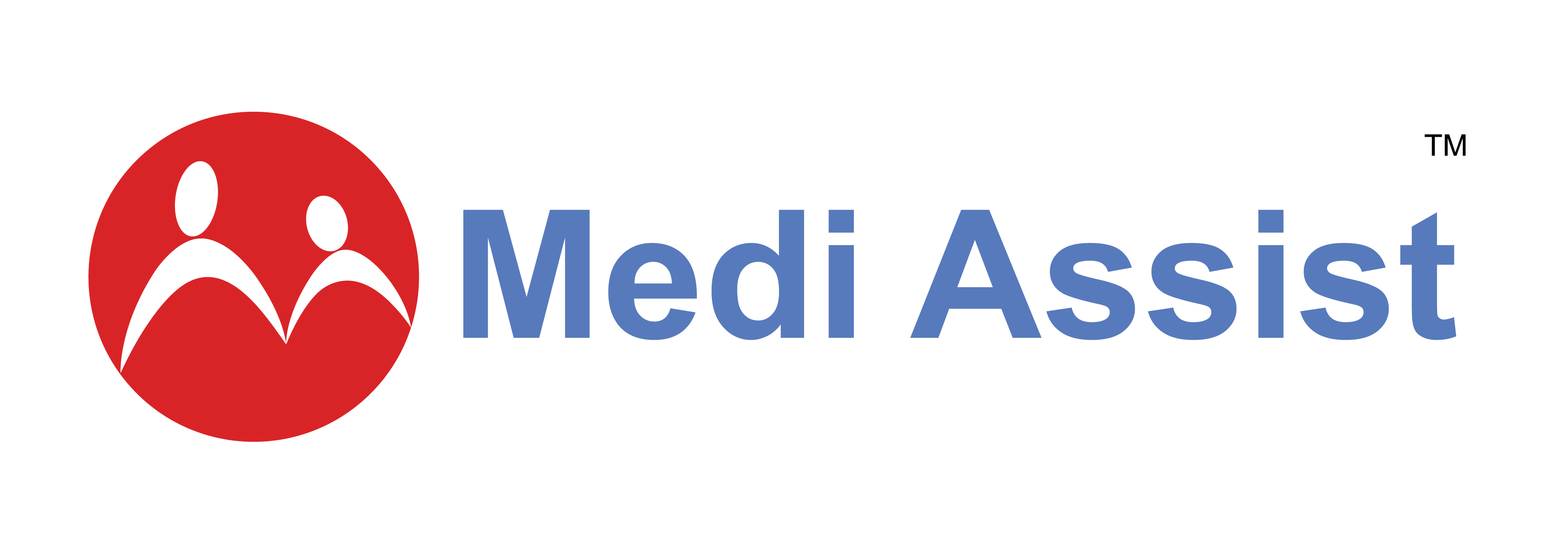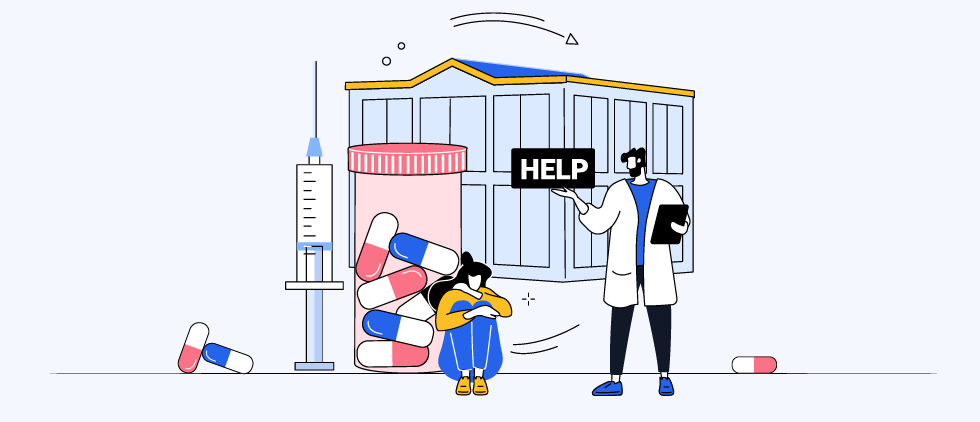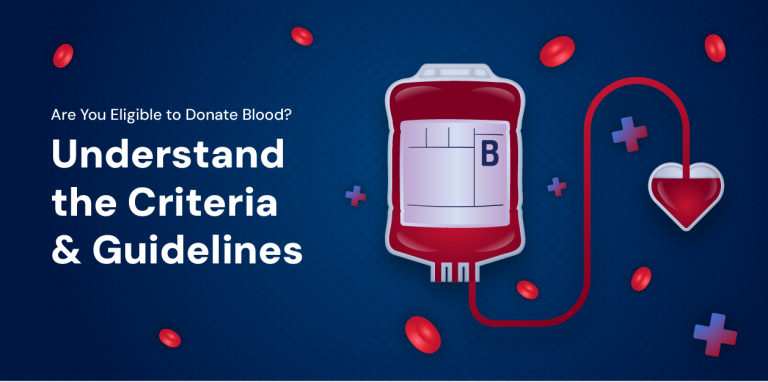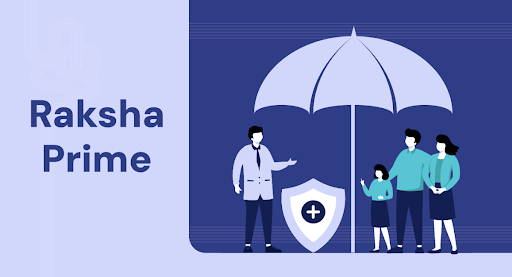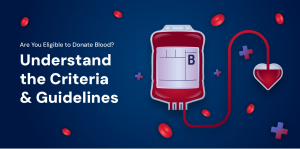Youths between 16 and 25 years of age are increasingly turning to drugs to escape real-life complications and cope with emotional distress, according to the latest research.
They prioritize immediate satisfaction and adventure, often indulging in experimentation with drugs, disregarding health and safety risks. However, youth drug abuse doesn’t just affect individuals; its consequences extend to families and society. It impacts various aspects of life—physical, mental, emotional, and economic—underscoring the necessity of preventive actions.
Let’s explore effective strategies to prevent drug abuse, emphasizing the role of parents, friends, education, society, and supportive ecosystems.
- Parental Involvement– The role of parents is important in preventing drug abuse in their children. They must encourage honest communication and discussion, practice active listening, set clear expectations and rules and be vigilant about their kids’ activities, behaviour, and friends. Additionally, being a role model by drinking in moderation and creating a supportive environment at home makes children feel loved and valued, reducing their vulnerability toward drug abuse.
- Healthy Balanced Life– Individuals can be motivated and assisted to switch to a balanced diet coupled with regular exercise to prevent drug addiction. Being healthy and physically active equips people to handle stress as the brain releases feel-good chemicals. This decreases the urge to latch on to drugs.
- Awareness & Education– Drug education programs should be a part of the curriculum in schools and colleges. The curriculum should include the risks of drug abuse and emphasize the importance of resisting peer pressure by learning to say no. Peer-led prevention programs, involving the youth educating their peers, effectively spread positive messages about drug-free lives.
- Positive Peer Relationships– Educational institutions can collaborate with parents and peers to organise activities to encourage healthy family ties and promote peer bonding. Research indicates that young people who enjoy better relationships deal more effectively with life pressures and stay away from drugs.
- Community Support– Communities should provide support services like counselling services, youth centres, and mentoring programs that train the youth in building resilience and coping mechanisms that help them process and practically deal with their conflicting emotions. Knowing the right way to cope stops a person from trying to suppress their pain through drugs.
- Addressing Underlying Factors– Drug abuse is often triggered by unaddressed underlying issues like mental trauma and mental health conditions arising from dysfunctional families and disparities in society. It is crucial to acknowledge these root causes through mental health services that work towards resolving childhood trauma and providing economic opportunities to the youth.
- Policy & Laws– Strict laws and policies must be enforced regarding the availability of drugs. Further severe penalties should be imposed on those selling drugs, especially to minors. Policies should also include formulation and execution of prevention strategies along with resources to aid efforts at the local, state, and national levels.
Keeping the youth away from drugs for a brighter tomorrow is a tightrope. It requires a unified and multifaceted approach involving parental and community support, in tandem with adequate awareness and law enforcement.
-Content partner Happiest Health
